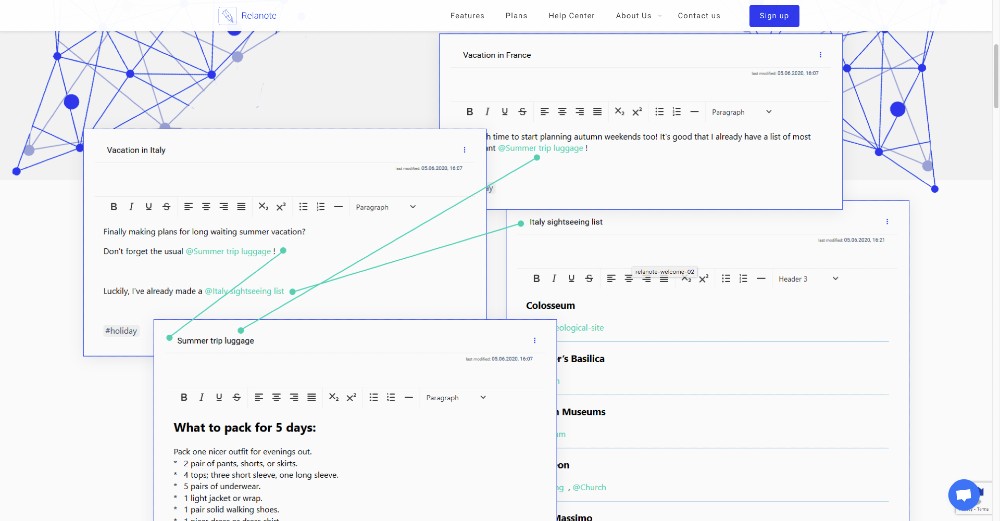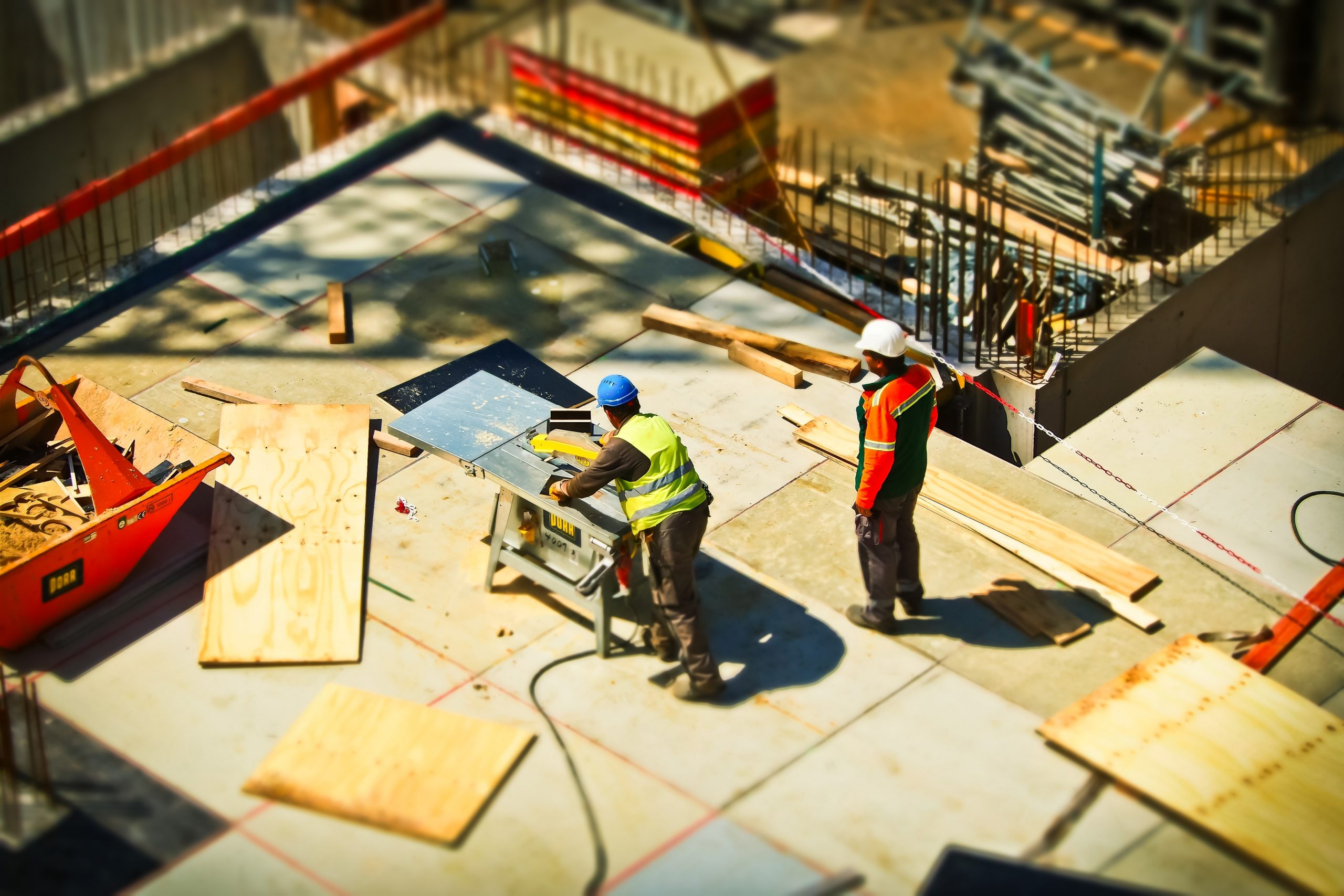There are few innovations in recent years as impactful as the digital revolution. The world is now on the verge of what might be the ultimate expression of mass digitization: the smart city. Interconnectivity and data have proved themselves in the business world, and now they’re moving into the streets.
As the world’s metropolises start diving into the IoT, some questions emerge. The smart city movement will spur a ripple effect of changes across many industries and aspects of daily life. How will these changes affect the construction industry?
Construction is one of the world’s largest industries, generating more than $1 trillion in the U.S. alone. Since smart city technology relies on new infrastructure, this shift will undoubtedly touch this massive sector. Here’s a closer look at how.
The smart city revolution is boosting construction.
The smart city movement is still in its infancy, so some changes will take a while. Others are more immediate, like the impact on construction revenue. One of the first effects smart cities construction companies will notice is a surge in new projects.
For areas to experience the full advantages of smart cities, they’ll need new infrastructure. All this infrastructure has to come from somewhere, so construction companies will see an increase in available opportunities. This industry boom could last for several years, as cities gradually adopt more and more smart infrastructure.
Not only will the number of construction projects increase, but these new opportunities will also be profitable. By some estimates, global smart city spending will approach $124 billion this year. Singapore, New York, Tokyo and London alone may account for as much as $1 billion of that spending.
Construction will change to meet new needs.
A more long-term change, and a more substantial one, is that the role of construction will shift. Digitization has changed what people do across various industries, and now that movement is coming to the building sector. As smart city development gradually becomes standard, construction companies will start to look more like technology businesses.
By its very nature, smart city technology requires a marriage of construction and computer sciences. Consider the ambitious Toyota Woven City project, where they’re building a small-scale smart city to test new technology. Woven City will see architects work alongside scientists and researchers to create the infrastructure necessary for things like self-driving cars to function.
The connected city movement is changing what it means for infrastructure to be functional. As a result, the industry will have to shift to fit this new definition, becoming IoT experts as much as architectural ones. This shift won’t take place immediately, but the sooner companies can morph, the better.
The industry is becoming more collaborative.
Given this technological metamorphosis in the industry, construction companies will have to embrace collaboration. The most prevalent instance of this collaboration is the one between builders and data science companies. Construction companies can’t expect to become data experts overnight, but they can reach out to data professionals.
Some businesses have already started to adopt this approach. PCL Construction is now teaming with CopperTree Analytics to incorporate data-gathering and analysis technology into their infrastructure. PCL is not a data analytics company, but by collaborating with one, they can offer the services the cities of the future need.
As new technology allows for more collaboration between companies and clients, residents will have more of a say in planning. Urban development, especially smart city development, ultimately serves the people, so construction businesses may collaborate with residents more. The public may have access to platforms where they can discuss the kinds of infrastructure they need.
A smart city could improve urban construction.
Construction companies themselves can experience some of the advantages of smart city technology. This movement isn’t only making businesses shift in the present, but will also improve them in the future. More connected city infrastructure in an area could make things easier for construction companies working on nearby projects.
Pittsburgh employs an AI-based traffic light system that reacts in real time to redirect and optimize traffic flow. This system reduces travel times by 25% and shows the potential for helping with things like in-city construction. Networks like this could redirect traffic around construction zones, reducing construction’s impact on traffic and improving safety.
With more data points in the city, crews could get a more cohesive picture of each site’s conditions. Data on traffic patterns, population and weather could help companies optimize their plan and maximize both safety and efficiency. As construction companies install more connected infrastructure, they can benefit from it.
When will this all take place?
It’s all but a guarantee that the smart city movement will cause substantial changes for the construction industry, but when these shifts will start to emerge, may not be quite as clear. As with any prediction, there’s a lot of uncertainty involved, but some changes are already taking place.
The industry will evolve as smart cities become more common, which won’t take long. The urban population has grown by 40% in the past decade alone, and this trend will likely continue. With more population in cities comes a heightened need for connected infrastructure, driving these industry changes.
As mentioned earlier, some construction companies are already starting to adopt collaborative, data-driven approaches. Within the next 10 years, this will likely become a standard throughout the industry, which will coincide with the changing role of construction. The COVID-19 pandemic may slow some of these trends, but only by a couple of years at most.
As cities change, so will construction.
In some form or another, the construction industry will change because it cannot remain stagnant and still sustain smart city development. Every sector always evolves to meet the needs and demands of the market, and construction’s market is moving toward connected cities. As urban development takes on these new tasks, the face of the sector will shift in response.
The construction industry is dynamic, which benefits us all. In the coming years, the sector will be more collaborative, more data-centric and more profitable than ever.
Megan Ray Nichols is an editorialist at The American Genius, and is a technical writer who's passionate about technology and the science. She also regularly writes at Smart Data Collective, IoT Times, and ReadWrite. Megan publishes easy to understand articles on her blog, Schooled By Science - subscribe today for weekly updates!










































